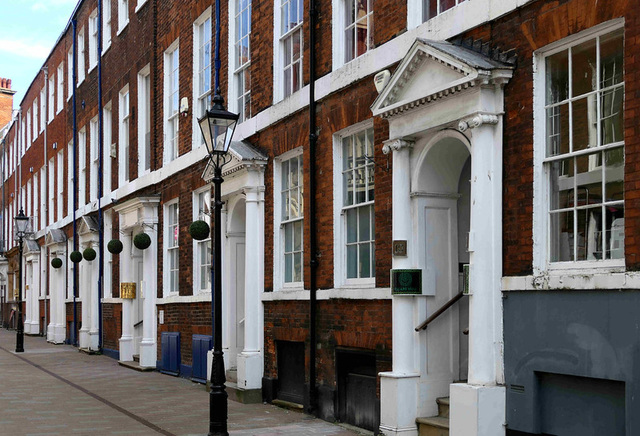Hull - Punch Hotel
Hull - Minster
Hull
Halsham - All Saints
Halsham - Mausoleum
Hedon - St Augustine
Hedon - St Augustine
Hedon - St Augustine
Hornsea - Funfair
Hornsea - Funfair
Hornsea - Beach entertainment
Hornsea
Newbald - St Nicholas
Newbald - St Nicholas
Newbald - St Nicholas
Newbald - St Nicholas
Newbald - St Nicholas
Newbald - St Nicholas
Newbald - St Nicholas
Newbald - St Nicholas
Market Weighton - All Saints
Market Weighton - All Saints
Pocklington - All Saints
Pocklington - All Saints
Pocklington - All Saints
Pocklington - All Saints
Parliament Street, Kingston upon Hull
How not to alter a listed building, No.6 Kingston…
Temple Moore Reredos, St Mary, Lowgate, Hull
Ocean Chambers, Lowgate, Kingston upon Hull
Panel from early c18th lead sheet on roof, St Mary…
Memorial to the Rev John Barker, St Mary's Church,…
War Memorial, St Mary's Church, Lowgate, Hull
Wilkinson Memorial, St Mary's Church, Lowgate, Hul…
Location
Keywords
Authorizations, license
-
Visible by: Everyone -
All rights reserved
-
7 visits
Hull


Kingston upon Hull, usually shortened to Hull, is a port city. It lies upon the River Hull at its confluence with the Humber Estuary.
The town of Wyke on Hull was founded late in the 12th century by the Cistercian monks of Meaux Abbey as a port from which to export their wool. Hull was granted a charter and given its name as Kings Towne on the River Hull in 1299 by King Edward I who needed a northern port to support his wars in Scotland. It had been a market town, trading centre, fishing and whaling centre.
In 1642, shortly before the start of the English Civil War, Hull's governor openly took sides with the parliamentary side and denied King Charles I access to the city and the militarily important arsenal. He was declared a traitor and executed despite being pardoned by Parliament.
Whaling played an important role for the city until the middle of the 19th century. Hull's prosperity extended into the decades before the First World War. The whaling industry, the most important branch of deep-sea fishing, continued to decline after WWII.
During the Second World War, heavy bombing destroyed the port, industrial facilities and much of the city centre. 95% of Hull's buildings were either damaged or destroyed, making Hull the second most heavily bombed major British city after London. Of a population of around 320,000 at the beginning of the war, 192,000 were left homeless by the heavy destruction.
The town of Wyke on Hull was founded late in the 12th century by the Cistercian monks of Meaux Abbey as a port from which to export their wool. Hull was granted a charter and given its name as Kings Towne on the River Hull in 1299 by King Edward I who needed a northern port to support his wars in Scotland. It had been a market town, trading centre, fishing and whaling centre.
In 1642, shortly before the start of the English Civil War, Hull's governor openly took sides with the parliamentary side and denied King Charles I access to the city and the militarily important arsenal. He was declared a traitor and executed despite being pardoned by Parliament.
Whaling played an important role for the city until the middle of the 19th century. Hull's prosperity extended into the decades before the First World War. The whaling industry, the most important branch of deep-sea fishing, continued to decline after WWII.
During the Second World War, heavy bombing destroyed the port, industrial facilities and much of the city centre. 95% of Hull's buildings were either damaged or destroyed, making Hull the second most heavily bombed major British city after London. Of a population of around 320,000 at the beginning of the war, 192,000 were left homeless by the heavy destruction.
- Keyboard shortcuts:
Jump to top
RSS feed- Latest comments - Subscribe to the comment feeds of this photo
- ipernity © 2007-2024
- Help & Contact
|
Club news
|
About ipernity
|
History |
ipernity Club & Prices |
Guide of good conduct
Donate | Group guidelines | Privacy policy | Terms of use | Statutes | In memoria -
Facebook
Twitter

Sign-in to write a comment.